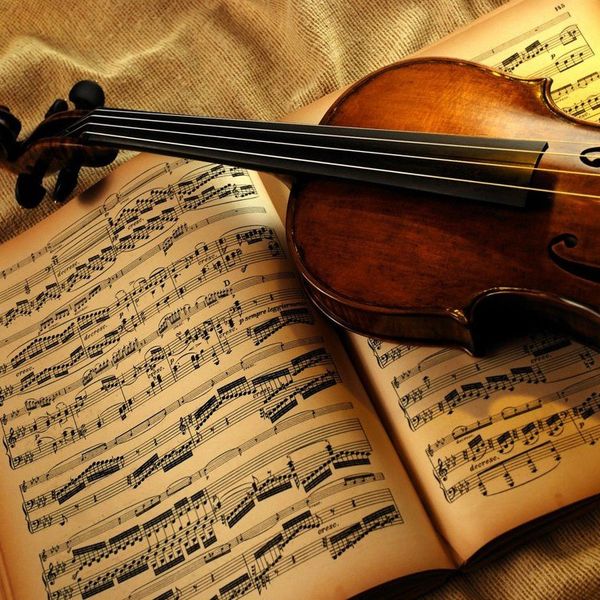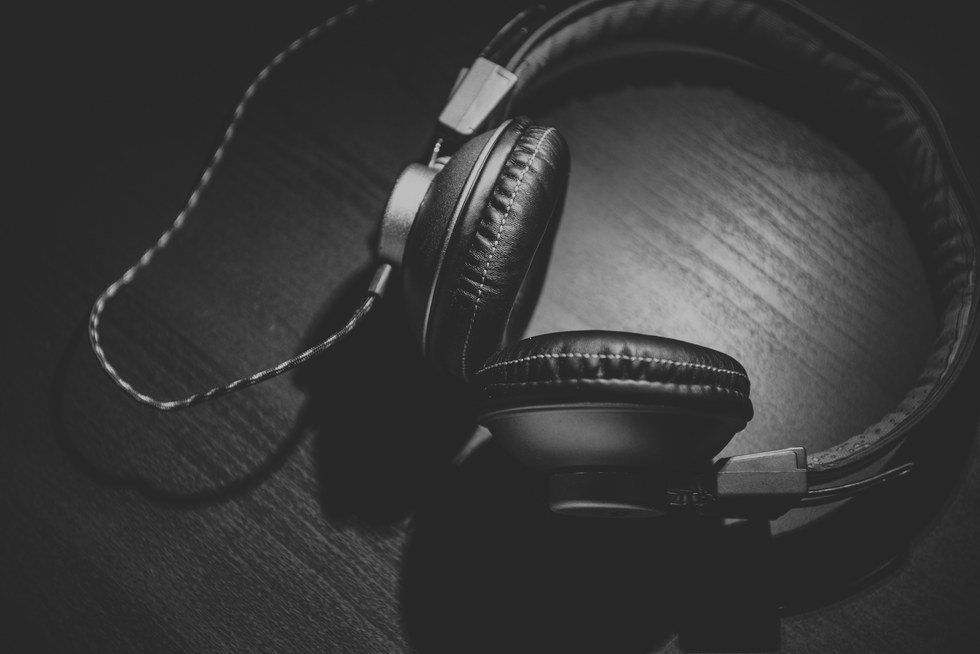There is something about music that is truly captivating, which can be found in the instrumentals or the lyrics. Music can connect us to our brain in different ways. It can let our creative side take a new course of adventure, and it can link to our emotions in a way we possibly could have never felt or comprehended before. Music may be appealing to the ears, but the power of it can stretch to lengths. Music can bring us to past, present and future moments. It has this reliability and consistency. It's easy to relate to, and it is the entire representation of what self expression is meant to be. Along with that, it can also provide stress relief and is healing in many other ways.
Music happens to impact several areas of the brain, including the auditory cortex, cerebrum, cerebellum, and limbic system. The limbic system is emotionally tied to music. This part of the brain invokes several different sensations, such as joy, anxiety, sadness, loss, hope, and excitement. The great thing about music is that there are so many genres we can connect to. An upbeat song can turn into an anthem about life and the journey you’re taking, a slow song can relax you and allow you to fall asleep, and a faster tempo can increase your reaction time.
Music helps others relate to and understand one another. It can even help you interpret what you are undergoing in your own life. There are so many interpretations of the music we listen to, you can always find another perspective on it. Not only is the artist sharing their story, but you are finding your story in their words as well. Music can form all different types of friendships. By having a similar taste in music, a connection is built, and you will always have the memories of dancing around in your kitchen or screaming the lyrics out the window of your car with your friends. You will always remember the first time you heard a song that became your favorite. One of the best ways to understand one another is creating music playlists for your friends that you think they may like. Making a list of twenty songs or so can assist someone in seeing a deeper part of yourself, while they may learn something new about themselves while experiencing a new band, artist, or genre. This creates a stronger social and emotional bond with that person, adding another layer of sincerity to your relationship.
Music is a language, which speaks for you when you may not have the words to say. Music can encompass all the emotions you are feeling or what someone else is feeling, without having to say a word. Music speaks among many generations and cultures which grows a bond among humans.
Music can relieve stress with the simple actions of movement. Our bodies were not built to be stagnant; they need to move. By working out with or dancing to music, you create a tempo with each part of your body. Music gets you motivated, and exercise can release that built up tension in your muscles. Dancing with a friend can even be effective because you’re listening actively to the beat and rhythm, while releasing that tension. Dancing is fun, but it is also exercise.
The songs we play and listen to can assist us also in the department of memory. Softer music can focus our concentration and increase our productivity. Depending on the type of music you listen to, you may be able to accomplish this skill and memorize poetry, unusual spellings, and foreign languages. Although there are positive effects of listening to music while studying or teaching oneself, there are negatives effects for others, such as it being too much of a distraction to focus.
All in all, music is a passageway ... a passageway to better understanding of ourselves and our body. Music ignites positive energy and productivity. Music is the instrument one must use to find inner peace.




















